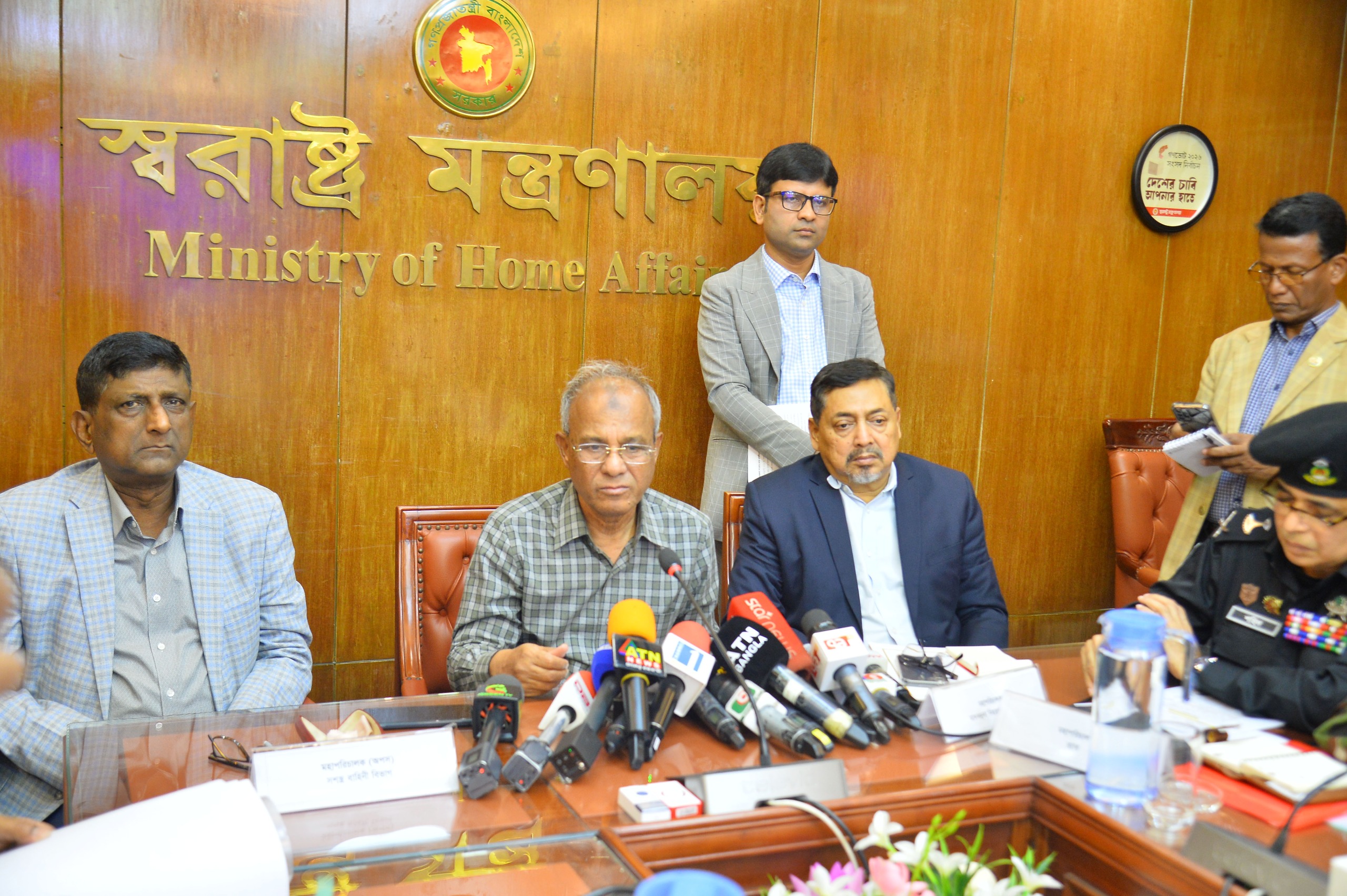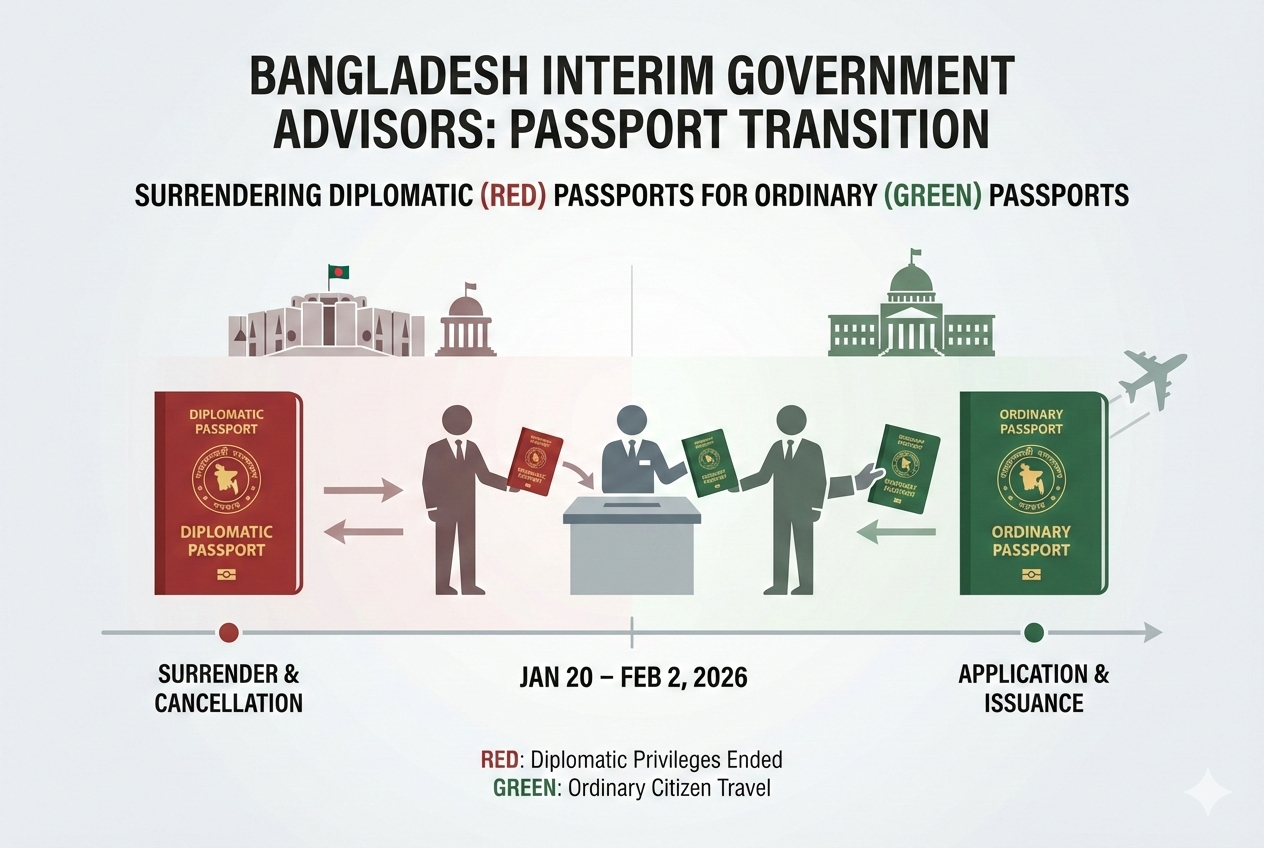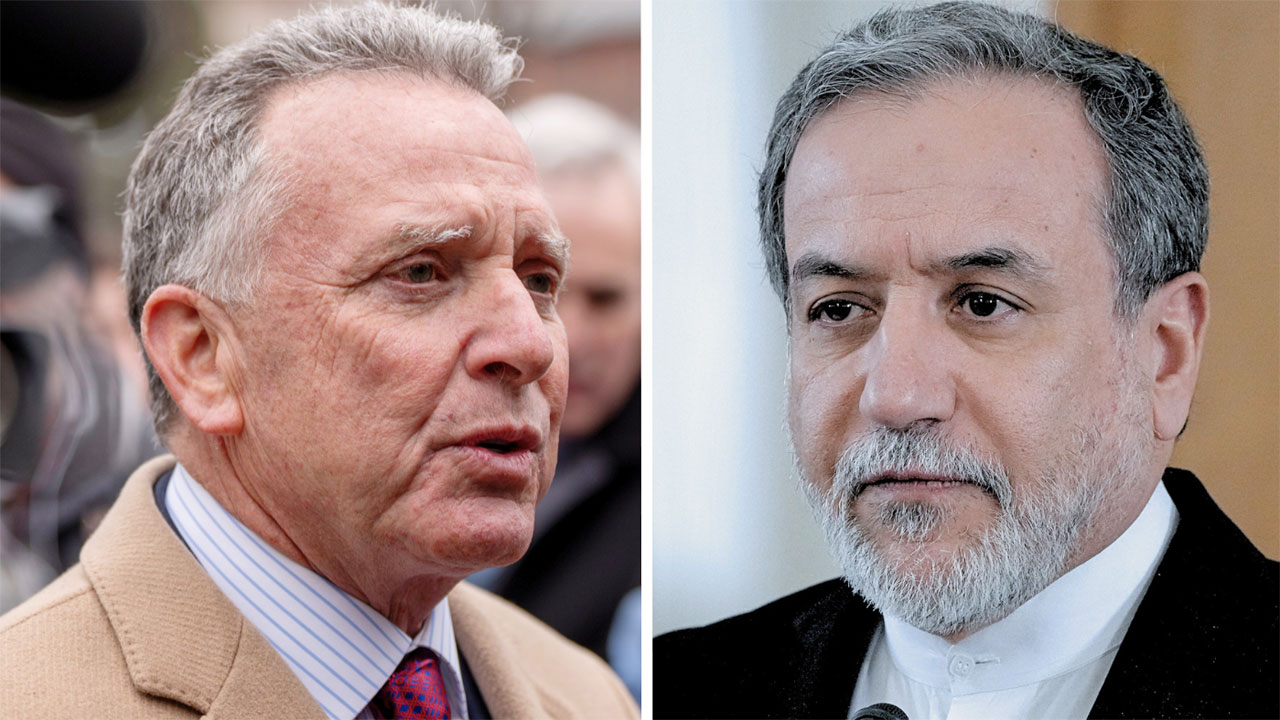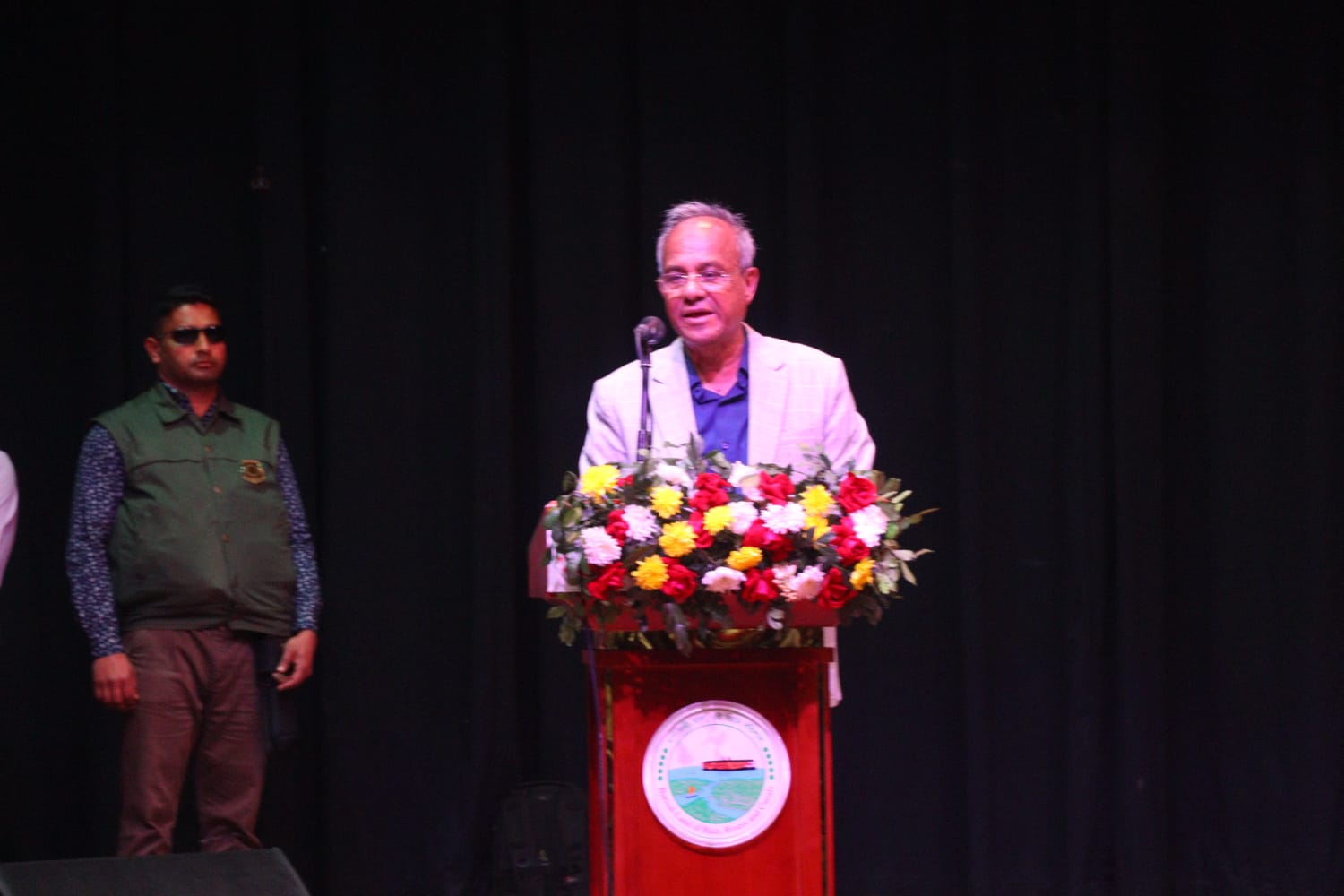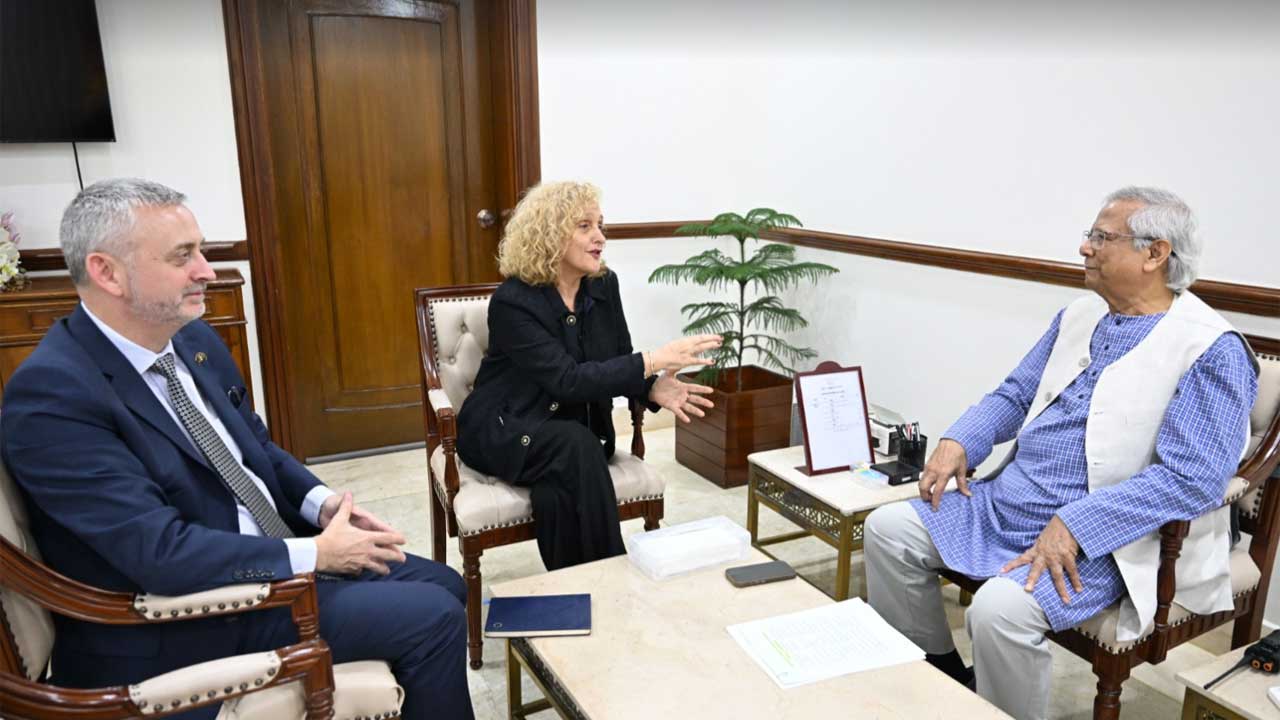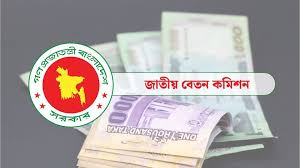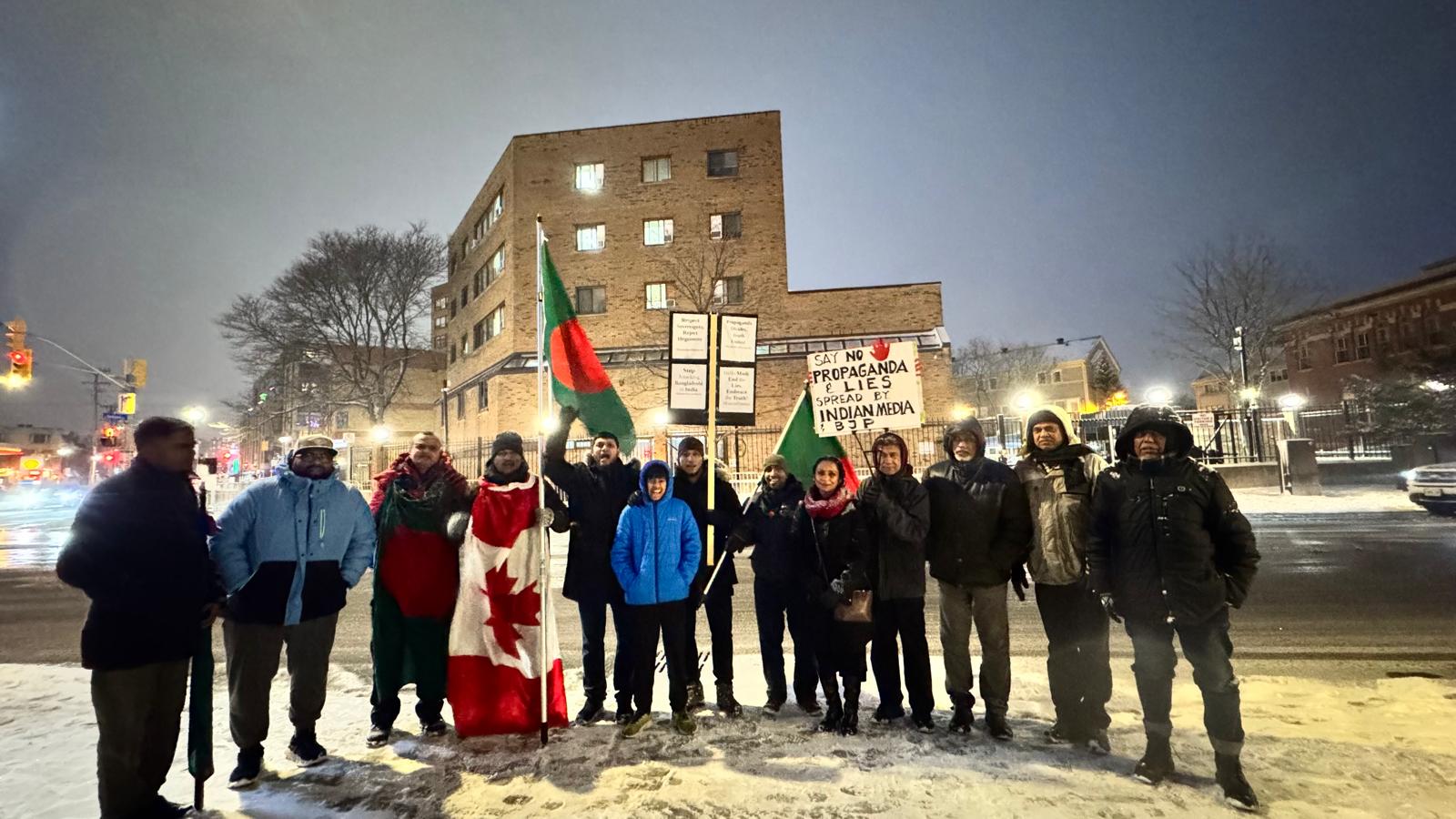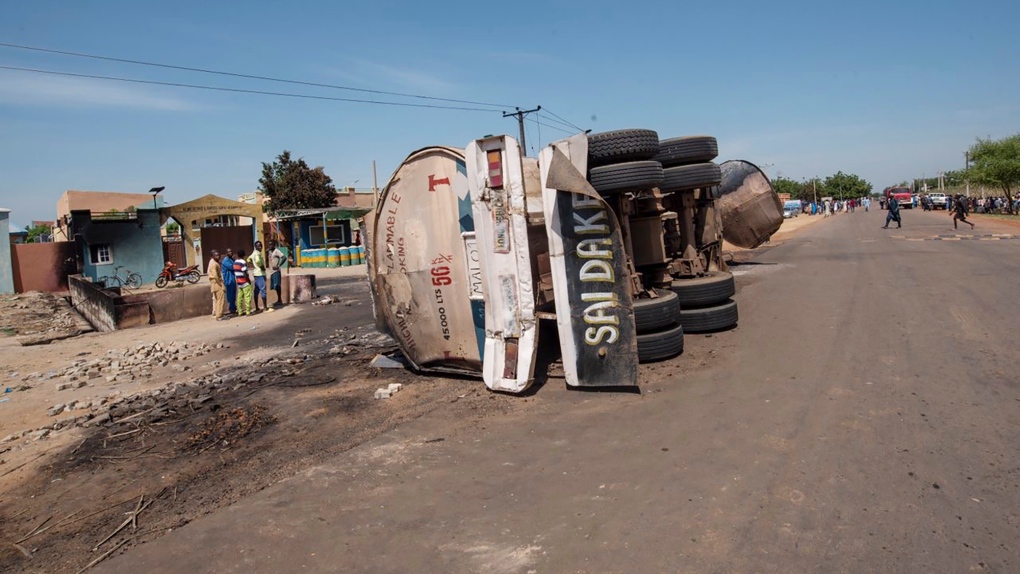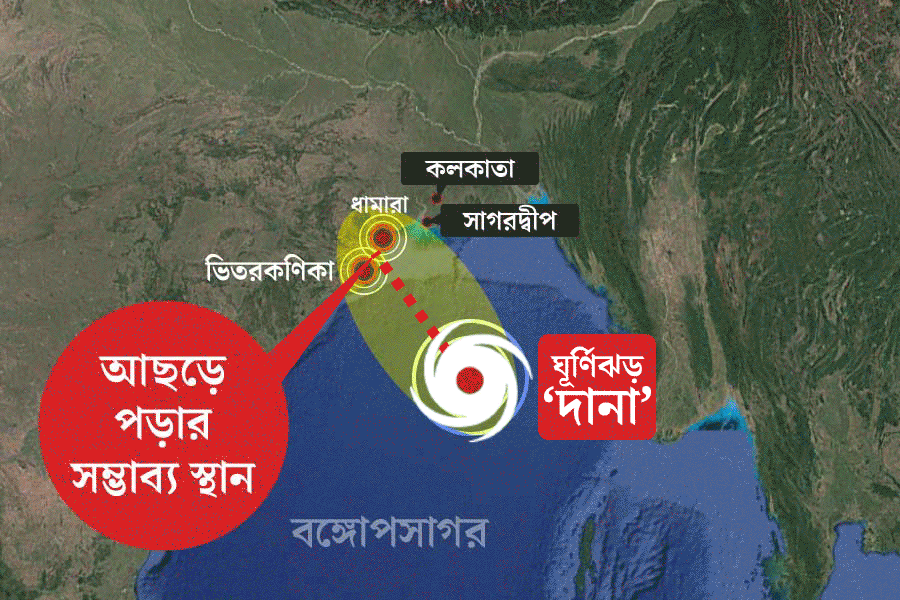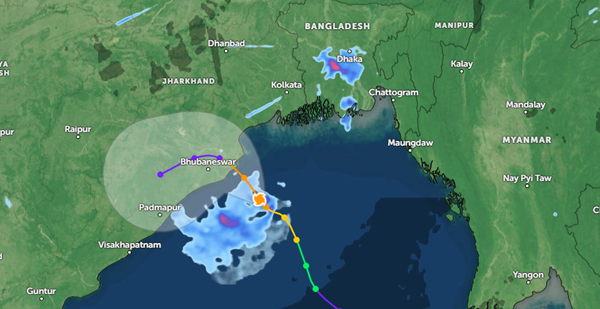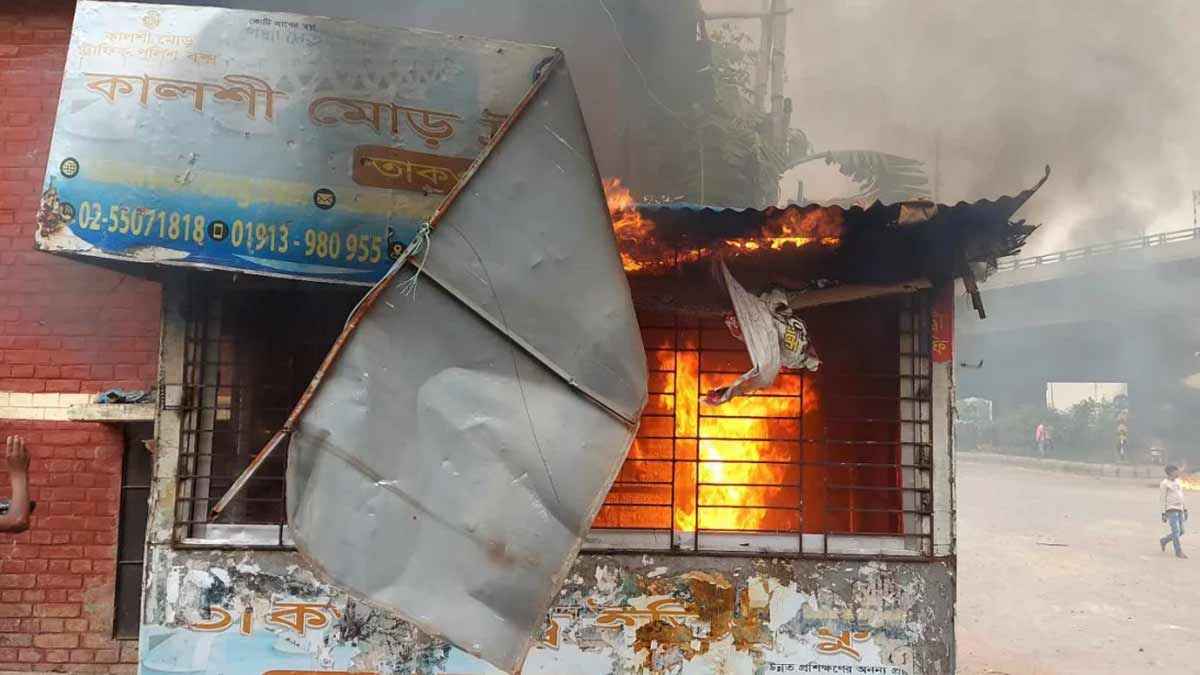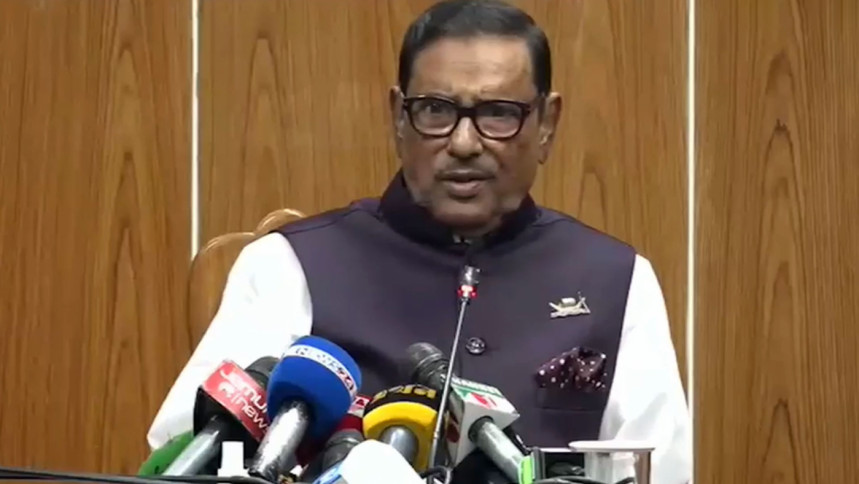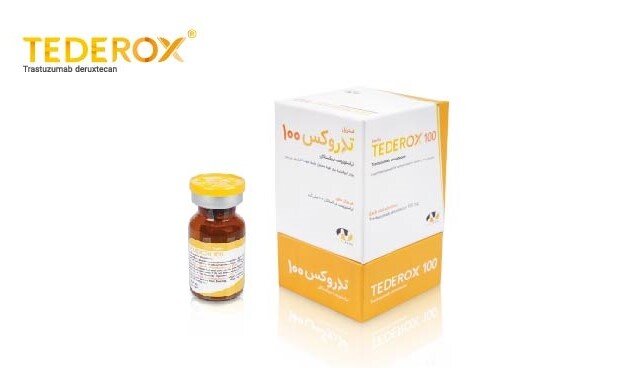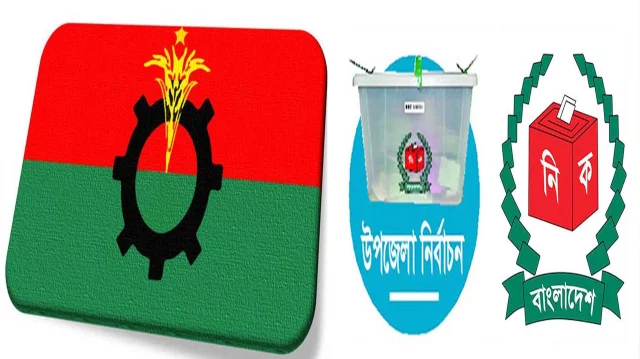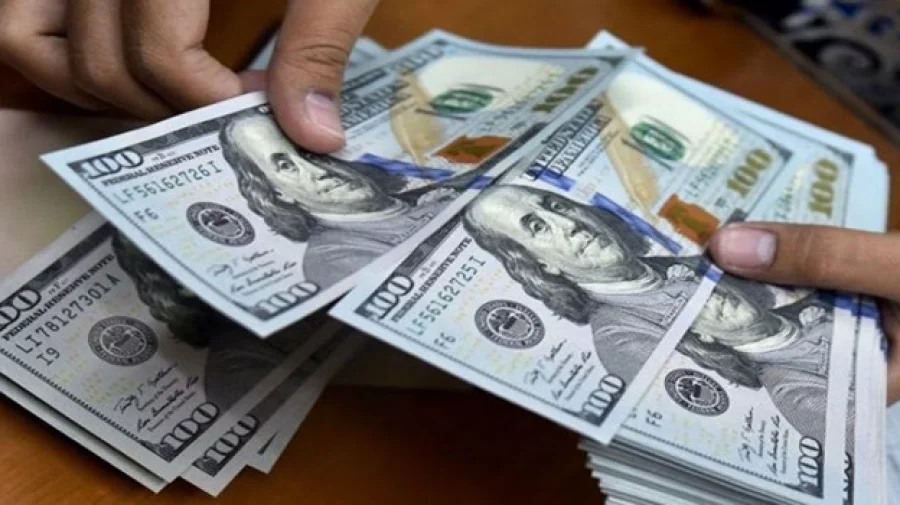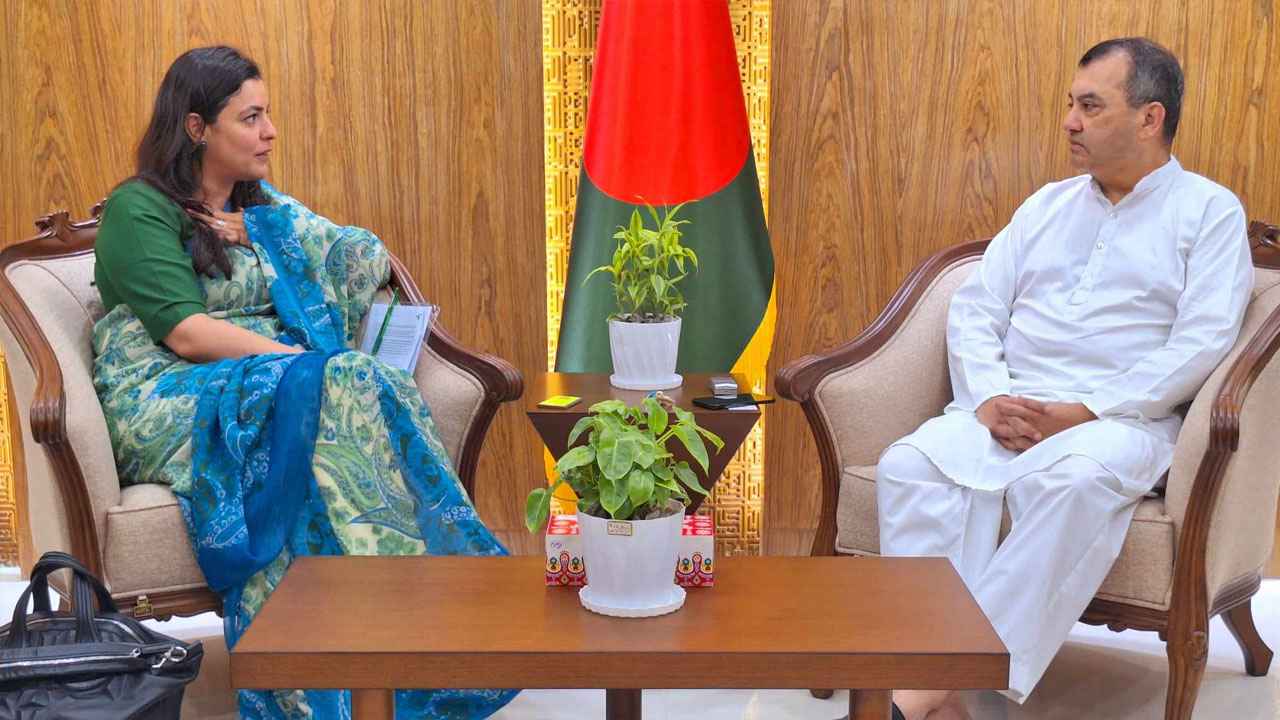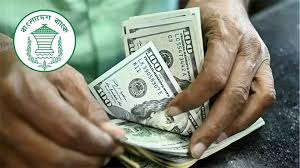
The flow of expatriate income is increasing due to various government initiatives, which has lit a new light of hope in the country's economy. This has also brought some relief to the foreign exchange reserves. In the first four months of the current fiscal year, remittances have reached more than 10 billion dollars, which is significantly higher than in previous fiscal years. In addition, the volatility of hundi has also decreased; the artificial crisis created in the dollar market has also eased to a great extent.
However, in this relaxed economic environment ahead of the 13th National Assembly elections, the threat of hundi and fake notes is looming large. Recently, there have been some worrying trends regarding hundi, which are feared to endanger the flow of remittances through legal channels.
According to experts, the trend of increasing expatriate income before the elections is normal. However, the recent reports of active hundi traders may disrupt the flow of remittances through legitimate channels. In particular, attempts to send money through hundi have increased again in some places and this may weaken the legitimate economic channels of the country. Bangladesh Bank and other law enforcement agencies are closely monitoring the issue so that this problem can be resolved quickly.
There is also a fear of counterfeit notes being circulated in the market. It is feared that some quarters may try to circulate new counterfeit notes in the market to create political instability before the elections. It is believed that such notes may be used to mislead voters and interfere in the electoral process.
However, Bangladesh Bank and law enforcement agencies have taken regular monitoring measures to prevent the flow of fake notes. They also recently held a joint meeting, where they decided to take steps to prevent the flow of fake notes and the spread of hundi ahead of the elections.
According to Bangladesh Bank statistics, the monthly remittance inflows for the current fiscal year 2025-26 were $247.78 million in July, $242.19 million in August, $268.58 million in September and $256.34 million in October ($2.56 billion). The remittance inflow peaked at $3.29 billion in March of the fiscal year 2024-25, which was the highest record for that fiscal year. In the entire fiscal year, remittances stood at $30.33 billion, which is 26.8 percent more than the previous year. The total remittances in the fiscal year 2023-24 were $23.91 billion.
Amidst this positive flow of remittances, hundi and fake notes are creating new concerns. Bangladesh Bank is taking coordinated steps to prevent the violence of hundi traders and the spread of fake notes before the elections. The central bank, law enforcement agencies and other government agencies are working together to maintain transparency and stability in the country's economy. Bangladesh Bank has also called for cashless transactions. Especially in border areas.
The central bank says that the cashless system is not only safe, but can also play an effective role in preventing the flow of counterfeit notes. The central bank is promoting this policy so that people are interested in making large financial transactions through banking channels, which is very necessary for the protection of the country's economy and personal security.

